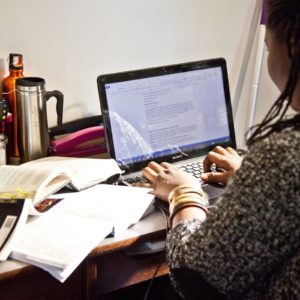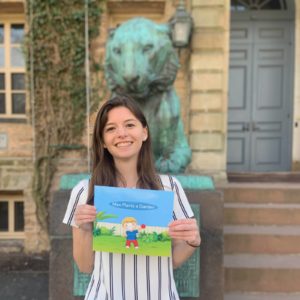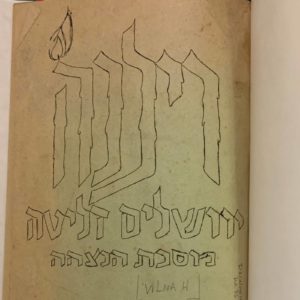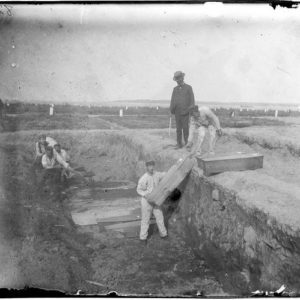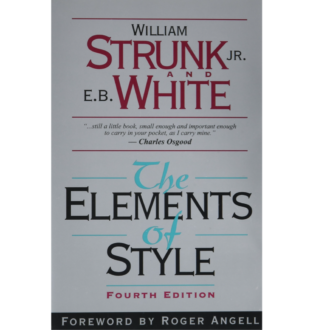We’ve all been there. We all know what it feels like to take a break—whether it’s on purpose or by accident—from a lengthy paper; it can be overwhelming when you realize that you messed up your writing process timeline. Personally, I recently took a looooong break (think: three weeks, give or take) from writing my thesis. Part of it was by accident; due to COVID-19, all Princeton students were told to move out and head back home for the remainder of the semester. The stress of packing, saying goodbye to my friends and the campus, and moving out caused my thesis to take a backseat in terms of priorities. Once I arrived home, I purposefully decided to extend my break from writing my thesis in order to unpack, get settled, and get used to online classes. One day lead to the next, and suddenly, I had spent three weeks away from my thesis.
